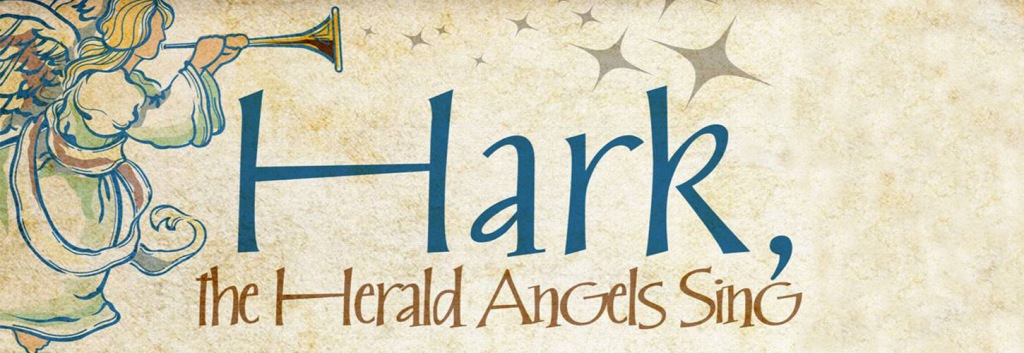
Carol 6: Hark the Herald Angels Sing
This carol is one of the thousands of hymns written by Charles Wesley (1707-1788); considered to be one of four most popular hymns in the English language. The tune was written by none other than the great composer, Felix Mendelssohn (1809-1847)—also the name of the tune, “Mendelssohn”. The original text consisted of ten four-line stanzas. [1]
Biblical Connection
But thou, Bethlehem Ephratah, though thou be little among the thousands of Judah, yet out of thee shall He come forth unto Me that is to be ruler in Israel, whose goings forth have been from of old, from everlasting (Micah 5:2)
And suddenly there was with the Angel, a multitude of the Heavenly host praising God, and saying, Glory to God in the highest, and on earth peace, good will toward men (Luke 2:13-14).
Like so many of Wesley’s hymns, this is a condensed course in biblical doctrine in poetic form. It tells of the angels’ visit to the shepherds, the virgin birth, Christ’s deity, and a concern for Christ-like living.
The Carol
Hark the Herald Angels Sing
Hark the herald angels sing, “Glory to the new-born King
Peace on earth and mercy mild, God and sinners reconciled
Joyful, all ye nations rise, join the triumph of the skies
With th’angelic hosts proclaim, “Christ is born in Bethlehem.”
Chorus:
Hark the herald angels sing, Glory to the new-born King!
Christ, by highest heav’n adored, Christ, the everlasting Lord
Late in time behold Him come, Offspring of a virgin’s womb
Veiled in flesh the God-head see, hail th’incarnate Deity
Pleased as man with men to dwell, Jesus, our Emmanuel.
Hail the Heav’n-born Prince of Peace! Hail the Son of Righteousness
Light and life to all He brings, ris’n with healing in His wings
Mild He lays His glory by, born that man no more may die
Born to raise the sons of earth, born to give them second birth.
Come, Desire of Nations, come! Fix in us Thy humble home
Rise, the woman’s conq’ring seed, bruise in us the serpent’s head
Adam’s likeness now efface, stamp Thine image in its place
Second Adam from above, reinstate us in Thy love.
Summary
Charles Wesley always sought to teach everyone about biblical truths when he wrote a hymn. This classic Christmas carol is no different. Songs have always been an easy way for God’s people to memorize Scripture and to learn the Christian doctrine. I trust you will review the “lessons” in this carol and that they will lead you for the first time, or once again, to the Christ of Christmas.
[1] Osbeck, K.W. (1985). 101 More Hymn Stories. Kregel Publications.
